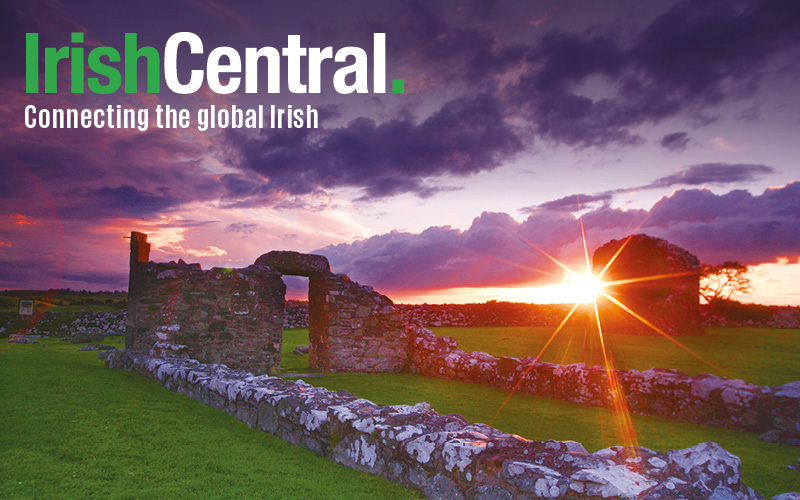The unquestioned dean of Boston historians pulls back from his studies of specific groups and presents a survey of his native city in "The Hub: Boston Past and Present." Thomas H. O'Connor, author of "Boston Catholics" and "The Boston Irish," paints a broader picture this time around.
The result, not surprisingly, is that the material feels a little less idiosyncratic and personal than his previous works. Still, as O'Connor notes, there is "really no single, one-volume history that provides either the general reader or the specialist with an overall survey of the three-hundred year history of Boston."
Particularly interesting is O'Connor's look at early Boston history. It is easy to forget that Boston was once the preeminent U.S. city, "the Athens of America" as O'Connor calls it.
The chronology is a bit confusing here. O'Connor uses subjects more than dates to organize his book. But his analysis of the profound changes eventually wrought by Irish immigration is impeccable.
Boston was a Puritan stronghold, where even by the 1830s the presence of "so many Roman Catholics...conjured up the old fears of a Catholic menace. The Boston Sunday School Union constantly predicted the dangers of a papist revival in America" and one reverend "called upon 'native Americans' to be on guard against a 'Catholic Conspiracy.'"
Famously, in 1834, the Ursuline convent in Charlestown was burnt down. In 1837, a group of firemen returning from a call clashed with an Irish funeral procession, resulting in riots.
O'Connor also honestly confronts events 150 years later, when busing enraged Irish Bostonians in the 1970s. While it would have been great to see O'Connor focus on another smaller slice of Boston, he's nevertheless produced another fine history. (
Northeastern University Press / $23.95 / 310 pages)




Comments